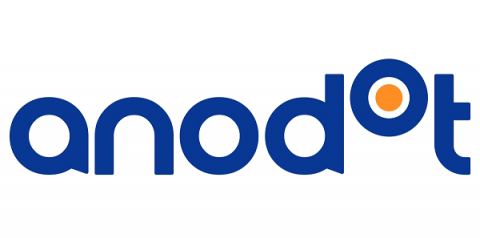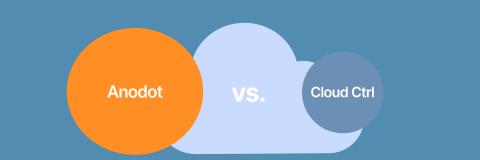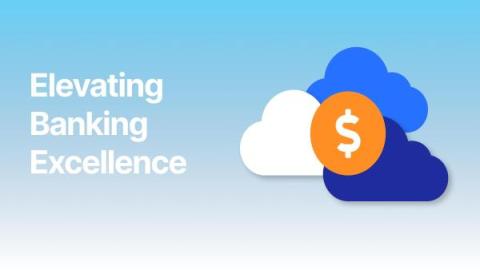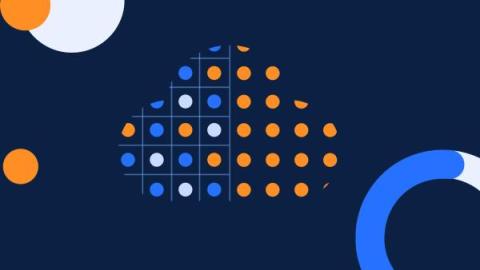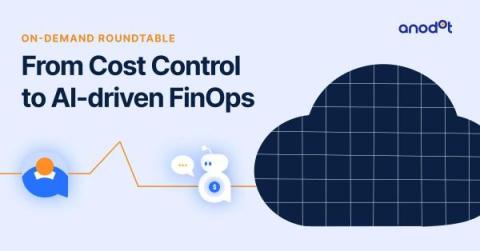Operations | Monitoring | ITSM | DevOps | Cloud
Latest Posts
What MSPs Need to Know About Our Partner Program
MSPs using CloudHealth are in for an abrupt start to 2024. VMware, which acquired CloudHealth, is ending its partner programs. Instead, they’re rolling out the exclusive Partner Program, starting from February 5, 2024. The switch will impact solution providers, resellers, and cloud services partners. With this new selective partner program, MSPs face fresh challenges in meeting the latest standards.
Anodot vs. Cloud Ctrl Cost: Which is better for Cloud FinOps capabilities?
5 Tools to Optimize Your Kubernetes Costs Without Sacrificing Performance
As Kubernetes environments become increasingly complex, the balance between reducing expenses and maintaining high performance is paramount. Businesses must leverage cost optimization tools to navigate this complexity without compromising on efficiency. These specialized tools provide crucial visibility into clusters, nodes, pods, and containers, allowing for precise management of resources and costs.
Elevating Banking Excellence: Anodot's Real-Time Monitoring Revolution
In a recent article published by Economic Times on Dec 29, 2023, titled “Banks Told to Explore Dashboard with Real-Time Info on Services,” the Reserve Bank of India (RBI) has urged banks to embrace real-time transparency through the creation of an online dashboard. Anodot, a leader in business monitoring, is at the forefront of transforming the banking sector with its advanced real-time business monitoring dashboard designed for internal usage within banks. What does this mean?
Understanding Scalability in Cloud Services - Azure and AWS Face-Off
As businesses expand and adapt to the digital era, the need for scalable cloud services becomes paramount. Scalability—the ability of a system to handle growing workloads—ensures that enterprises can thrive without hardware constraints. Industry leaders such as Azure and AWS have been at the forefront of this evolution, continuously enhancing their platforms to provide seamless scalability.
The Three FinOps Phases for MVP Success
Your FinOps foundations are down in your company’s cloud (woohoo!), but what comes next? How can you boost your MVP success in the cloud with your FinOps strategy? In this blog post, we’ll briefly dive into the three phases of your FinOps for top-notch implementation from beginning to end. Need a refresher on setting up an MVP FinOps framework for your cloud? In part 1 of our series, we’ll show you how it’s done!
5 Strategies to Reduce Your AWS Lambda Expenses Efficiently
As a serverless computing service, AWS Lambda has revolutionized deployment with its pay-as-you-go model. Yet, users often grapple with unexpected costs. This guide underscores the criticality of cost optimization and prepares to unveil quintessential strategies to trim down your Lambda bills without compromising performance.
Roundtable Recap: From Cost Control to AI-driven FinOps
Did you miss our latest roundtable on AI-driven FinOps? Don’t worry, we got you! In this recap, we’ll review what our FinOps experts discussed and the key takeaways from the roundtable discussion. Not much of a reader? Watch it on demand!
New AWS Policy Update: No Resale of Discounted Reserved Instances Starting January 15, 2024
Upcoming specific new AWS regulations will significantly impact how businesses handle their AWS operations. Starting from January 15, 2024, AWS will no longer permit the resale of discounted Reserved Instances (RIs) bought from the Amazon EC2 Reserved Instance Marketplace. This update aligns with AWS’s service terms, particularly Section 5.5, which explicitly prohibits the resale of discounted RIs.


